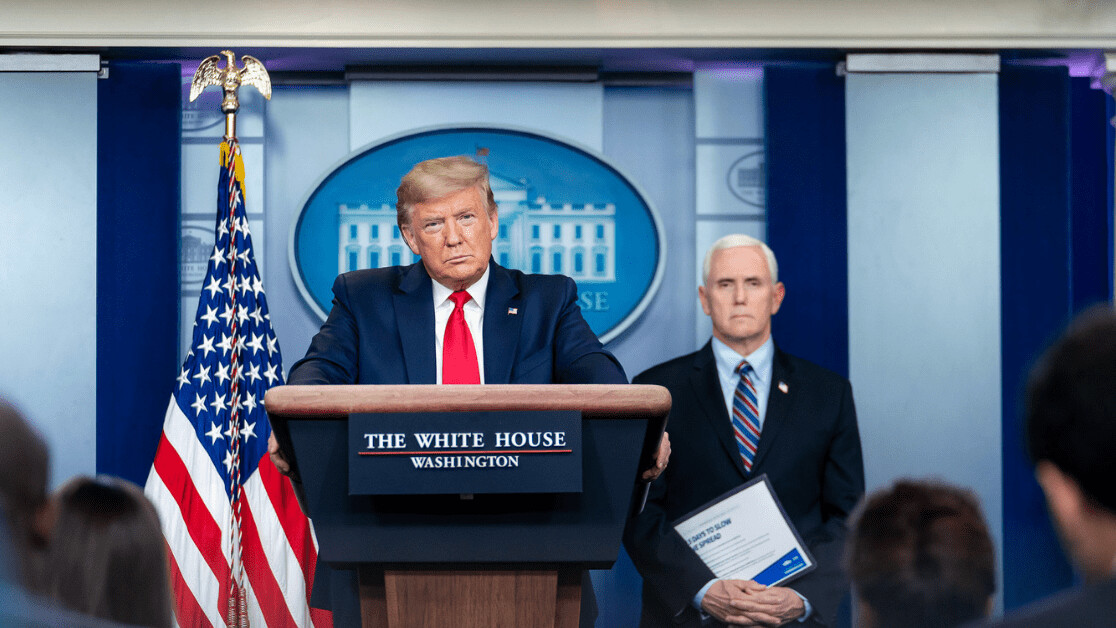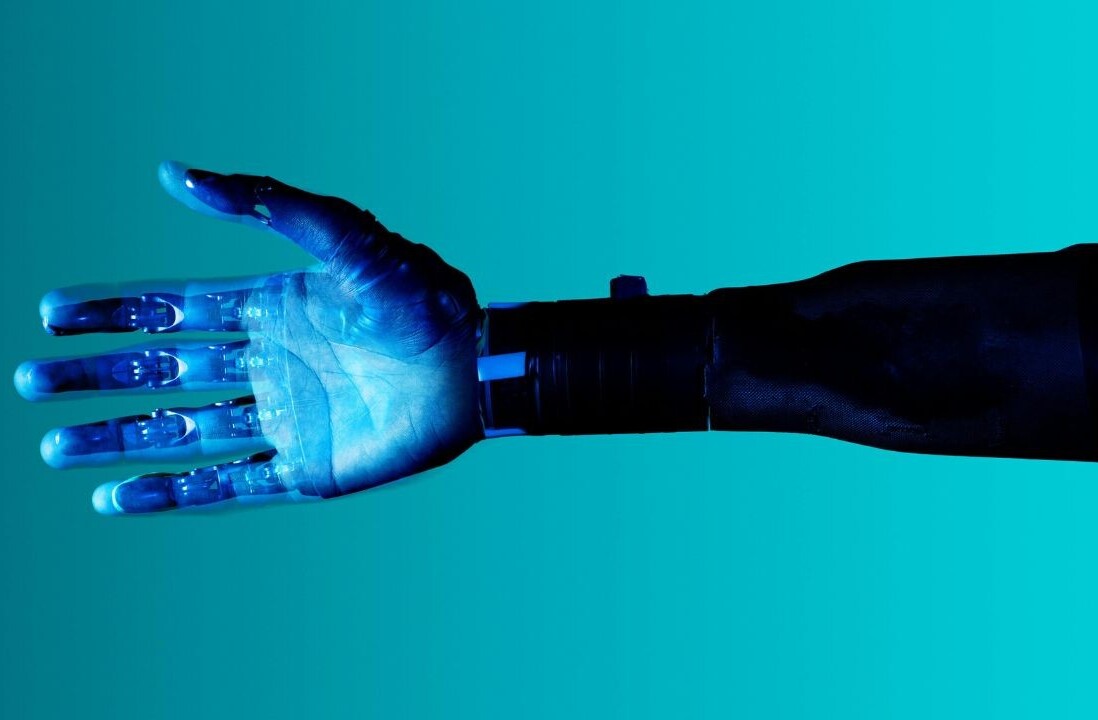Donald Trump’s 2016 US presidential election campaign worked with Cambridge Analytica to deter millions of Black Americans from voting by targeting them with anti-Hillary Clinton ads, according to a massive database obtained by Britain’s Channel 4 News.
The broadcaster claims Trump’s digital campaign team used the cache to build psychological profiles of millions of US citizens across 16 key battleground states. An algorithm then divided them into eight different categories, including core supporters on each side and “deadbeats” that were unlikely to vote.
Another segment of people that the campaign wanted to dissuade from voting was marked as “Deterrence.” A total of 3.5 million Black Americans were placed in this group, and then micro-targeted with ads on Facebook and other platforms, such as videos of Clinton’s notorious “super predators” speech.
The database showed that Black voters were disproportionately marked for deterrence. In Georgia, for example, they made up just 32% of the population, but 61% of those targeted for deterrence.
[Read: Are EVs too expensive? Here are 5 common myths, debunked]
Channel 4 believes this tactic helped collapse Black voters in several states where Trump won surprising victories over Clinton by razor-thin margins.
In the swing state of Wisconsin, turnout among Black voters dropped by 19%, helping Trump win the state by just 23,000 votes. Trump later bragged that the Black vote had helped him win the election.
According to Channel 4, the Trump campaign spent $44 million on Facebook and posted almost 6 million ads. But as many of the posts disappeared after the campaign stopped paying for them and Facebook didn’t have an “Ad Library” in 2016, there’s no public record of the ads.
The Trump campaign dismissed the report as “fake news,” while a Facebook spokesperson told Channel 4 that the tactics used by Cambridge Analytica in 2016 wouldn’t work today:
We have 35,000 people working to ensure the integrity of our platform, created a political ads library… and have protected more than 200 elections worldwide. We also have rules prohibiting voter suppression and are running the largest voter information campaign in American history.
We’ll see whether the new rules help produce different results when Americans go to the polls in November.
So you’re interested in AI? Then join our online event, TNW2020, where you’ll hear how artificial intelligence is transforming industries and businesses.
Get the TNW newsletter
Get the most important tech news in your inbox each week.





